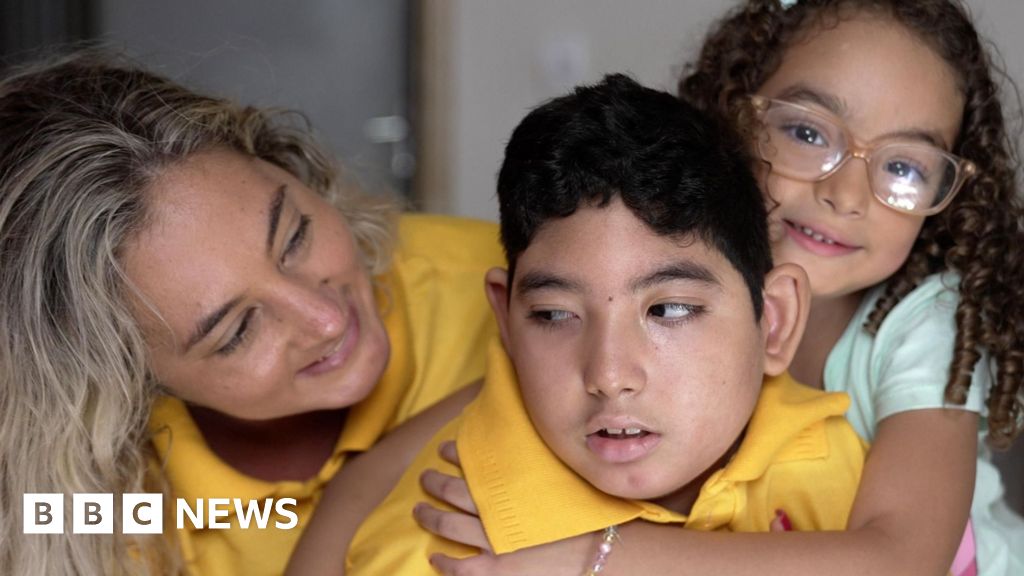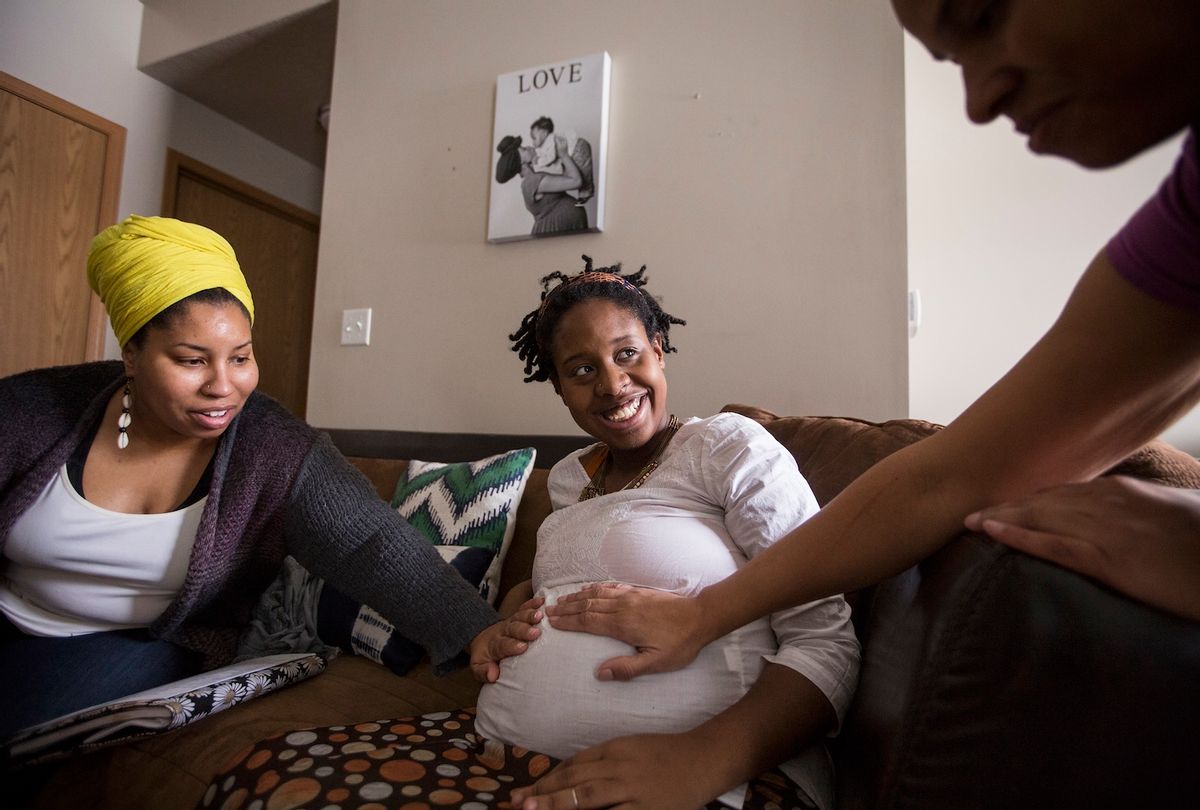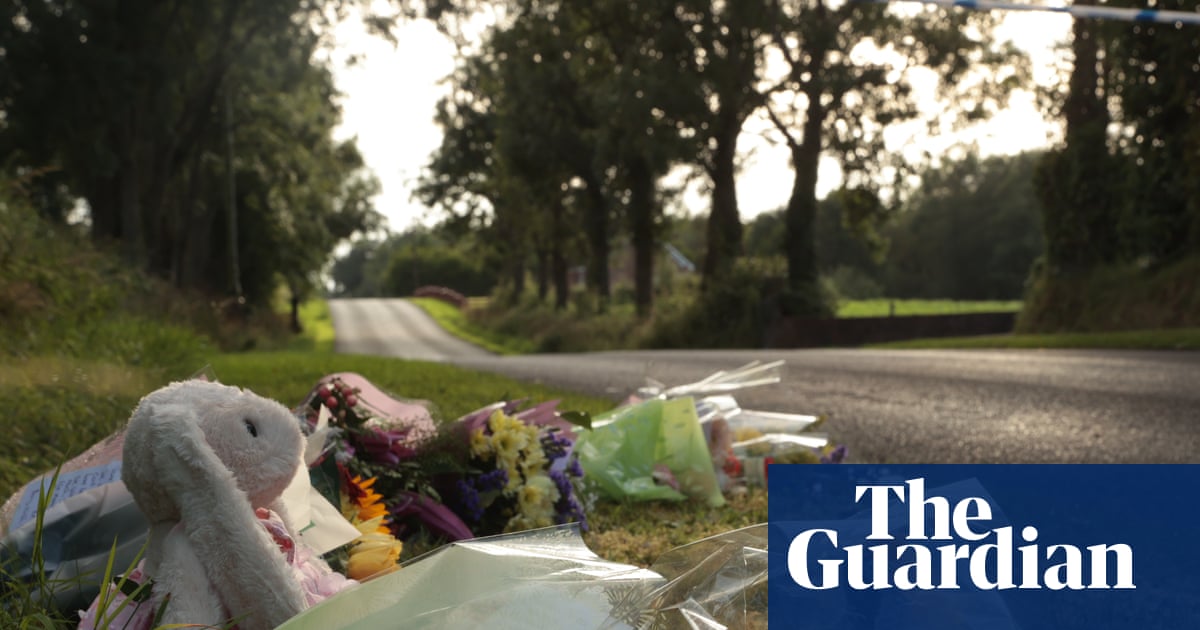T4K3.news
Mothers of Zika-affected children rally for greater support
Brazilian mothers unite to demand improved compensation and healthcare for children with congenital Zika syndrome.

Brazilian mothers reflect on their struggles raising children affected by Zika virus.
Mothers of children born with microcephaly fight for recognition and support
In Brazil, mothers of children born with congenital Zika syndrome are revealing their challenges and triumphs nearly a decade after the Zika outbreak. Rute Freires shares her experience raising her daughter Tamara, who has microcephaly and relies on a feeding tube. Tamara is one of thousands born with conditions linked to the Zika virus, which caught global attention during the 2015-2016 outbreak. Many mothers have banded together to seek support as they face financial hardships and inadequate assistance from authorities. The Brazilian government recently proposed improved financial support, but the initial veto from President Lula raises concerns about the commitment to these families.
Key Takeaways
"I was told early on that she wouldn't walk, she wouldn't speak nor smile."
Rute Freires reflects on the grim prognosis given for her daughter Tamara.
"Experts argue that state authorities have failed the families on multiple levels."
Dr. Mardjane Lemos emphasizes the lack of support and resources for affected families.
"Our goal was for them to live close to one another so they could help each other."
Alessandra Hora explains the importance of community support among mothers of affected children.
"Despite the drop in cases, a new outbreak is still possible as the cause is unknown."
Dr. Mardjane Lemos raises concerns about the factors that led to the decline in Zika cases.
This story illustrates the resilience of mothers grappling with profound challenges linked to Zika. Despite past governmental inaction, the emerging victories for these families signal a growing recognition of their plight. The dynamics of the local community, where mothers support each other, highlight a collective strength that directly confronts systemic issues. However, ongoing questions about the causes of the outbreak linger, suggesting the need for further research and sustained public health efforts.
Highlights
- Mothers find strength through shared experiences in their fight for recognition.
- Financial struggles highlight the need for sustained governmental support.
- Resilience emerges from the shadows of loss and challenges faced by these mothers.
- Community support becomes a lifeline for families navigating complex health needs.
Concerns over financial support for families affected by Zika
Despite recent legislative efforts to increase compensation for families, the government has faced backlash over perceived insufficient support. President Lula's initial veto raises concerns about long-term commitment to aid.
The unique journey of these families reflects broader implications for public health policy and community resilience.
Enjoyed this? Let your friends know!
Related News

Jodie Brain opens up about post-adoption depression

Triclosan in soaps linked to eczema in children

Proposed Medicaid cuts may endanger maternal health

Fourth victim dies in County Fermanagh shooting

Rising ketamine addiction leads to urgent health crisis

Celebrity endorsements divide support for Harris and Trump

Vanessa Whyte and children named as shooting victims

Family of hostage pleads for urgent action as video shows suffering
